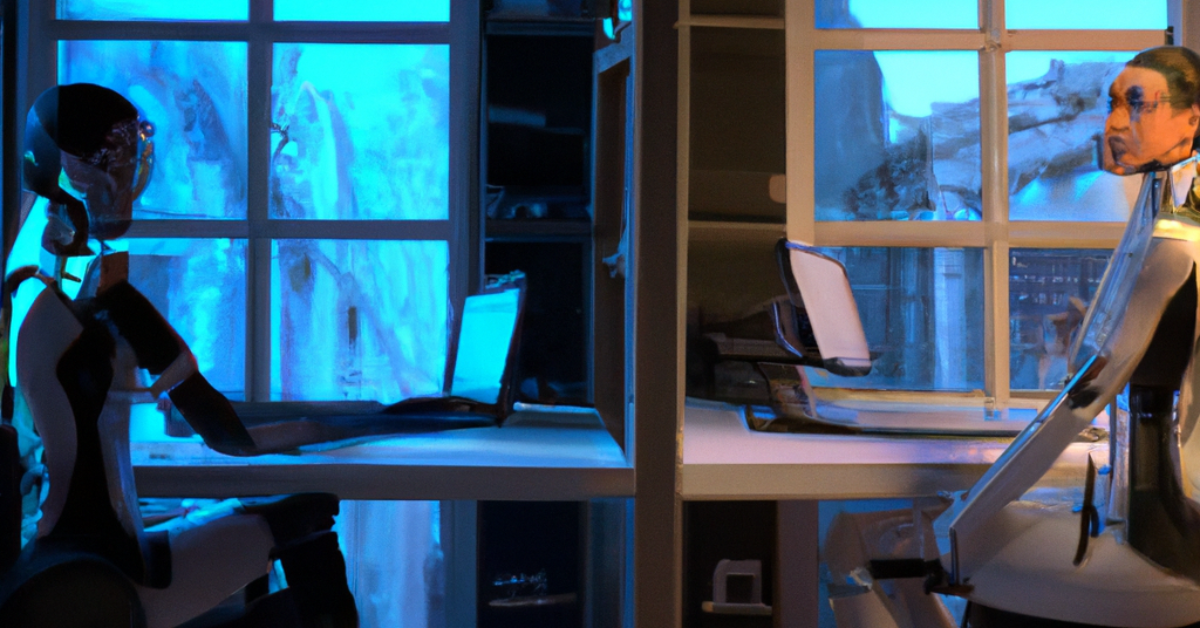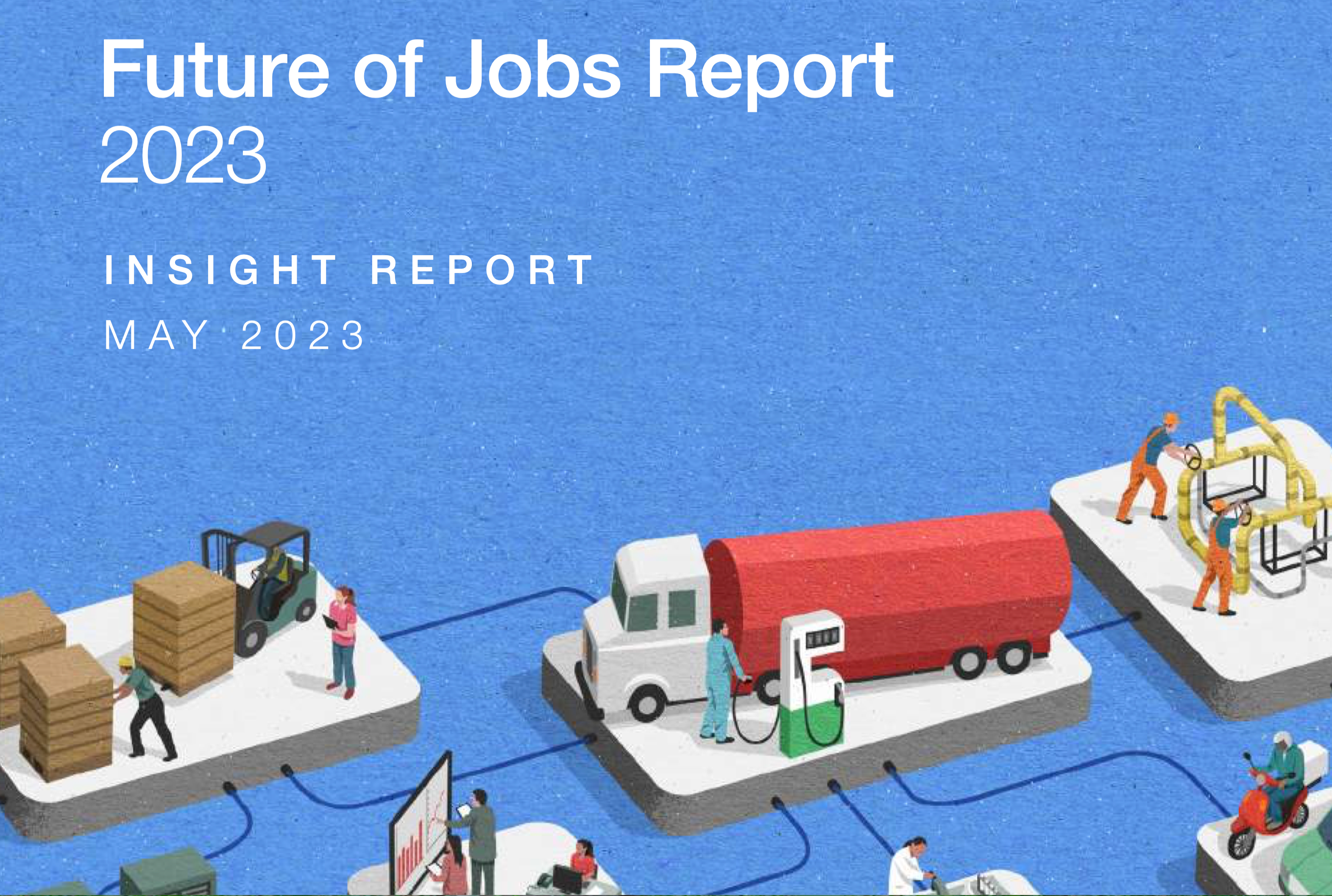
We’re in the throes of what many are calling “the 4th industrial revolution.” Artificial Intelligence (AI) will not take your job (yet) but it may force you to learn new skills in order to stay relevant. Jump in if you want to keep working. Or fall behind and become a relic of an earlier age.
Is it complicated? Hell yeah! Is it hard to master? Is it changing at breakneck speed? Yup!
Can you learn to use it? Absolutely!
If you’re not studying and using AI, you will soon be replaced by a marketer who understands the new technology.
Now is the time to stay curious and always be learning. By keeping up to date with the latest news and research, you can make informed decisions about how to use AI in our lives and work. Otherwise, you may earn a new title: “unemployed.”
The number of job postings requesting AI skills is projected to increase by 297% during the next two years, according to Emsi Burning Glass, a market research firm. There were roughly 142,000 openings that listed AI skills as of January 2022, with median salaries of about $103,000, according to Dice.
More than 75% of companies are looking to adopt these technologies in the next five years, according to the World Economic Forum’s 2023 report on the Future of Jobs. That means opportunities abound for marketers who learn how to apply the new tools to increase efficiency and save time.
The Development of AI is fundamental
Agencies devoted to using AI in marketing are popping up daily. Job ads are seeking AI writers and prompt engineers (those are people who have learned how to write prompts to make AI provide useful content at lightning speed.) Ebooks, videos and courses about AI abound, as do conferences of varying quality and cost. Ignore them at your peril. There is truly no excuse for not learning about artificial intelligence and its myriad applications to communications and the customer journey.
Bill Gates wrote: “The development of AI is as fundamental as the creation of the microprocessor, the personal computer, the Internet and the mobile phone. It will change the way people work, learn, travel, get health care, and communicate with each other. Entire industries will reorient around it. Businesses will distinguish themselves by how well they use it.”
The rapid growth of AI is similar to the way workers in the mid 1980s were forced to learn new programs or lose their jobs. For example, I employed a full-time typist in my PR firm until I got my first computer in 1985. Two years later, each employee had their own computer and our productivity skyrocketed.
AI Will Create Millions of New Jobs
AI will create 97 million new jobs in the next five years, according to a World Economic Forum report on the future of work. The report acknowledges that automation will slash 85 million jobs — that’s still a net gain of 13 million new jobs. The same report found that the AI field has the biggest skills gap in the tech industry, meaning there are few qualified applicants for roles despite a rapidly growing need. Among companies surveyed globally,. 86.4 percent said they will prioritize the adoption of digital platforms and apps.
When desktop publishing platform Aldus PageMaker was launched in the 1980s, it allowed users untrained in graphic arts to design and produce “good enough” documents. Anyone with a computer. software and a printer was suddenly able to create and distribute content with desktop publishing. That didn’t mean it was tasteful, beautiful, clever or likely to drive a consumer to take action based on its CTA. Nor did it eliminate graphic designers who became highly skilled in using computer programs for design.

Graphic designers who didn’t want to learn to use computer programs for design lost their jobs to those who kept pace with change. And the same thing will happen to you if you’re not studying AI apps and learning what they can do.
Will AI programs like Dall-e-2 and Midjourney that can create complex designs in seconds make graphic designers obsolete. That’s not true (yet) for designers who bring their trained eye to the new platforms. Creative and analytical thinking are still important skills that AI doesn’t have (yet.)
AI can’t provide perspective or creative insights (Yet)
Certainly, AI can automate repetitive tasks, improve quality control and save massive amounts of time. But it can’t (yet) provide the new perspectives and insights of human inventiveness. AI also can’t reason casually. (That’s how we humans make sense of and interact with the world.) AI does not understand cause and effect
With the right prompts, AI can eliminate the mundane repetitive tasks of accounting, banking, demand forecasting, data management and back office processing. That saves time and money. You could be creating those prompts if you’re studying and experimenting with myriad new AI platforms
“Common sense is the dark matter of artificial intelligence,” says Oren Etzioni, CEO of the Allen Institute for AI. “It’s a little bit ineffable, but you see its effects on everything.”
We need AI systems to reason ethically and we are a long way from there. AI lacks the ability to distinguish between right and wrong, making it difficult for it to understand human values. Bad words are but the tip of the iceberg when it comes to the pain that language can inflict.
The Ice Man Goeth
Think about typists, ice delivery men, horse and carriage drivers, for example. The typist who learned to use a computer or the carriage driver who learned to drive a car are examples of people who adapted to change.
This means two things: as automation largely replaces jobs with routine tasks, more job opportunities will be tailored around creativity, and logical skills and the demand for technical skills which help leverage these new technologies will grow.
As such, it is not so much a question of destroying old jobs, but the ability to adapt to many new ones and expand one’s skill set.
One trend is already clear: Those skilled in prompt engineering will be in demand and help shepherd the A.I. revolution within their organizations.
Free AI classes for marketers, some of which provide a certificate you can display on LinkedIn. Included are courses by Vanderbilt University, Wharton, Harvard, University of Pennsylvania and many, many more.
As the American composer John Cage put it: “I can’t understand why people are frightened of new ideas. I’m frightened of the old ones.”
Here is ChatGPT4’s summary of my article’s key points. The app created the summary in about 10 seconds.
- “The rise of AI in the 4th industrial revolution will require individuals to learn new skills to stay relevant in the job market.
- Marketers who understand AI will have an advantage over those who don’t, as agencies and job ads increasingly seek AI expertise.
- Staying curious and continuously learning about AI is crucial to make informed decisions to avoid becoming unemployed.
- AI is projected to create millions of new jobs, but there is currently a significant skills gap in the industry.
- AI automation can save time and improve efficiency but cannot replicate human creativity and reasoning.
- Adapting to new technologies and expanding one’s skill set will be key to thriving in the changing job landscape. Learning prompt engineering is one specific skill that will be in demand.
Additionally, the article provides resources for free AI classes for marketers to enhance their AI knowledge and skills.”
 B.L. Ochman is a Fractional CMO specializing in marketing transformations.
B.L. Ochman is a Fractional CMO specializing in marketing transformations.






